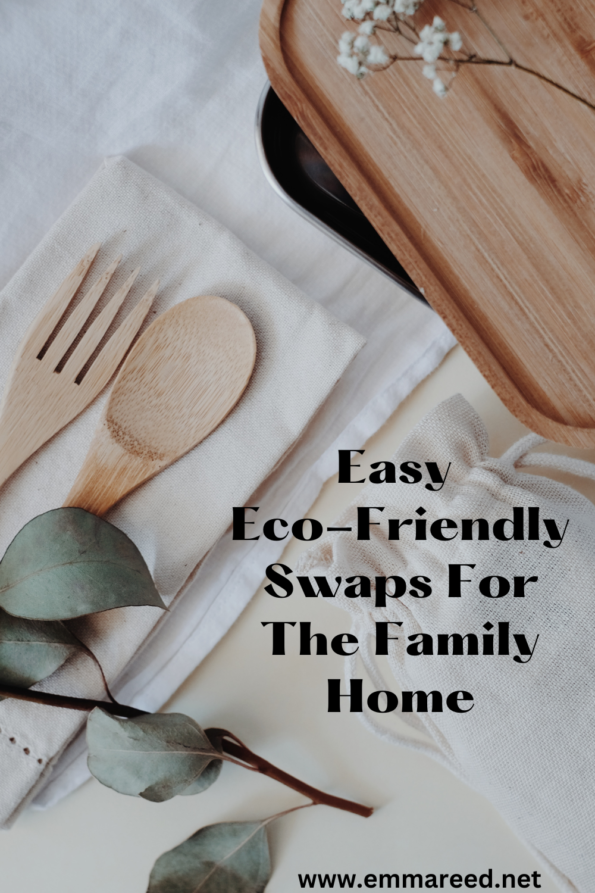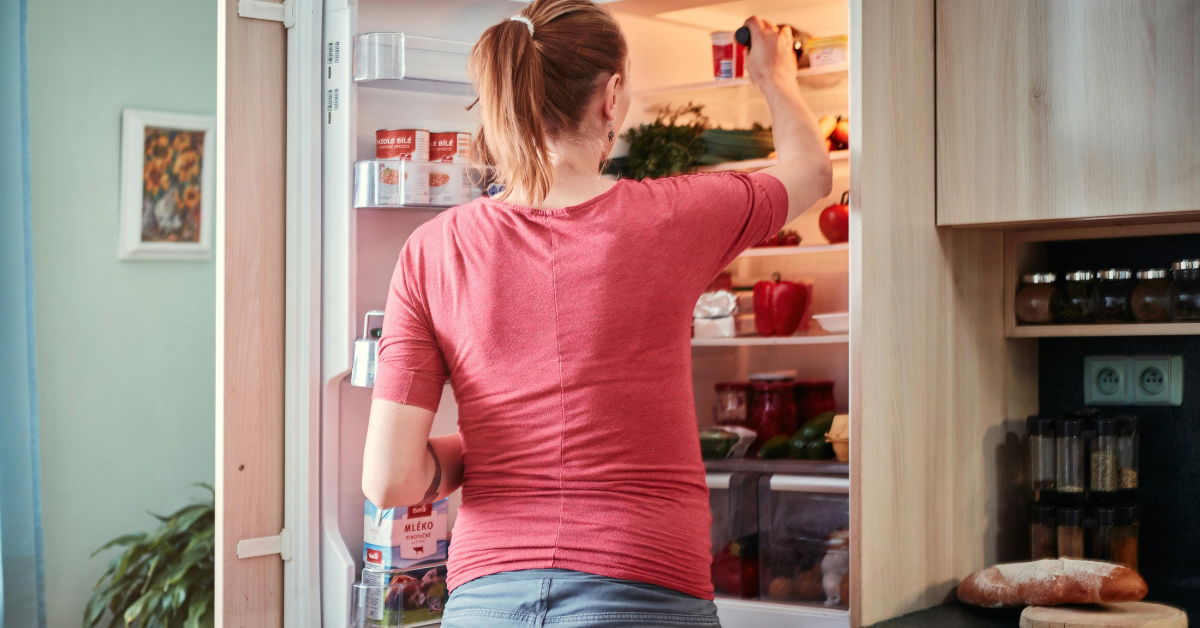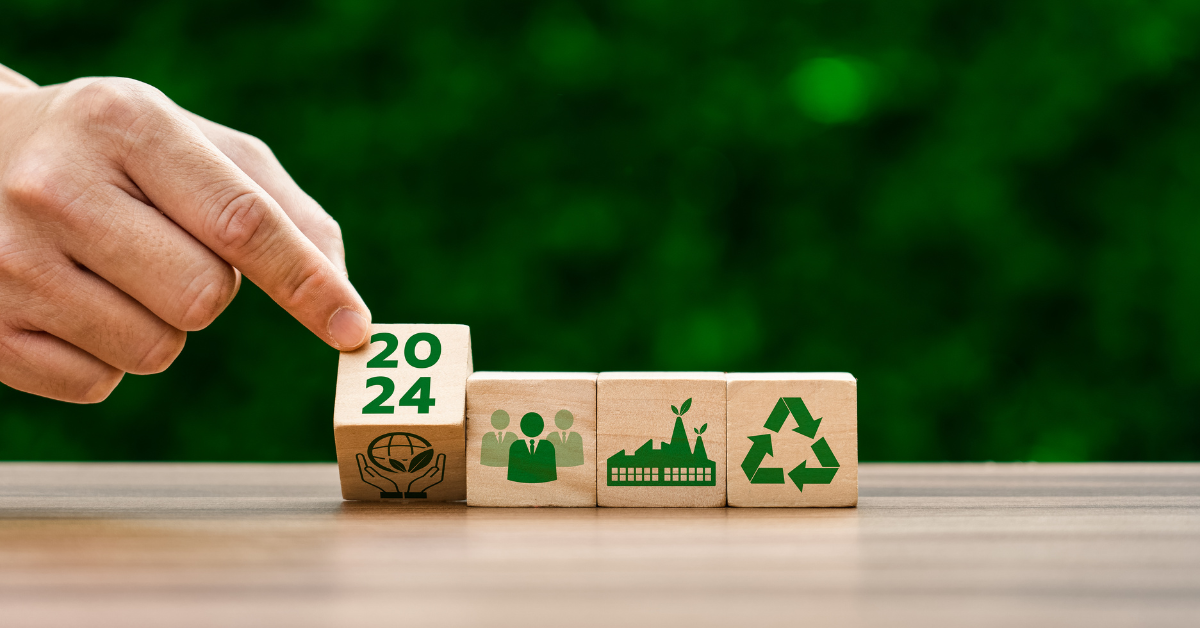
Easy Eco-Friendly Swaps for the Family Home

*Collaborative Post
As a parent, there is a lot going on in the daily routine. Between keeping the children entertained, maintaining a job, doing all of your errands, and ensuring that the house is in good shape, there is almost no time left in the day to stop and think. This means that it is only too tempting to rely on non-eco products that offer quick and straightforward solutions for home life.
However, it is easier than you think to make eco-friendly swaps that will help you and the whole family to be greener. Explore these easy eco-friendly swaps for the family home.
Transport
As your family grows, you will need to update your vehicle to make sure that everyone can be accommodated. This may involve changing cars more frequently than you would like which can prove expensive and is bad for the environment.
When changing your car, consider buying a nearly new or used model instead of a brand-new vehicle. You could also move away from fuel-powered engines completely and instead invest in an electric car, especially if you only drive short distances.
For older children, you can introduce the idea of cycling or scooting on safe residential roads and country lanes. Not only does this remove your carbon footprint for short journeys, but it also encourages your children to take exercise in the fresh air which has numerous physical and mental benefits.
Toiletries
Our bathrooms contain most of the plastic in our house, in the form of various products that we deem essential. See which products you can replace with more eco-friendly alternatives. For example, plastic toothbrushes can be exchanged for bamboo versions or long-lasting sustainable electric models with replaceable heads.
As well as plastic, consider single-use products and how you could minimise your reliance on these. For example, use washable cloths rather than baby wipes, and avoid buying traditional disposable cotton buds.
Groceries
Plastic is also prevalent in our kitchen. When we go shopping, it seems like all of our groceries are wrapped in plastic. This is especially true of any items on special offer or tailored ‘bundles’ designed with families in mind.
Try to buy loose groceries from independent vendors where possible to avoid unnecessary packaging and to prioritise locally-grown produce over imported goods with a high carbon footprint. Shopping locally has a number of other knock-on benefits for your community.
You should also take your own ‘bags for life’ when you go shopping rather than relying on the plastic bags available in store.
When you are putting together school packed lunches, instead of storing the items in single-use plastic bags or clingfilm consider using aluminium foil (which is recyclable) or reusable beeswax wraps to protect your food. You can also get reusable bamboo lunchboxes if you would rather have something sturdier, with eco-friendly cutlery and a water bottle to match.
For more easy eco-friendly swaps why not also check out these posts?
3 Ways To Have A Plastic-Free Period
Where Do I Start With Cloth Nappies?
Everything You Need To Know About Using Reusable Wipes
Zero Waste Week: 55 Reusables That Can Drastically Reduce Your Household Waste
*This is a collaborative post. For further information please refer to my disclosure page.
Pin for later:





